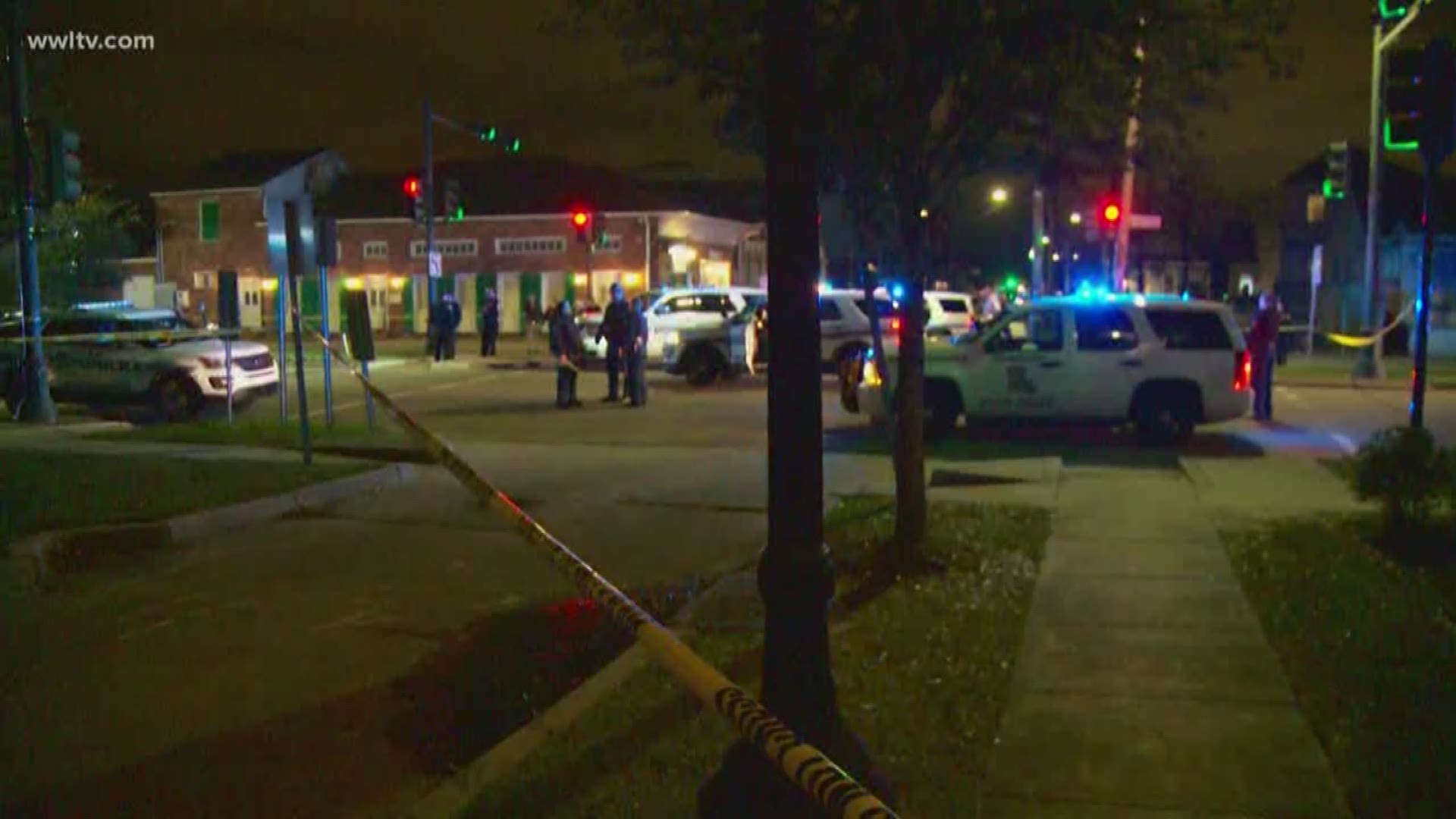The police officer shot Friday night during a 911 call to Orleans Avenue is now home recovering.
Though the officer is in good condition, the incident is the latest highlighting the dangers on any given police call.
According to NOPD officials, officers were responding to an attempted suicide near the 2300 block of Orleans on Friday night when one officer was hit and four police officers returned shots.
The suspect was shot and killed. The unidentified officer who was hit was shot twice in the chest, but bullets were stopped by a vest. He suffered bruising and slight bleeding and was released from the hospital on Saturday.
"It's incredibly sad, anytime someone's injured, police officer or citizen alike, they have family and friends," Ronal Serpas, former NOPD Chief said.
The shooting yet again serves as a reminder to Serpas of how dangerous some mental health calls can be for law enforcement.
"If someone calls and says there's a gun in play or if someone calls and says this is a domestic violence event and there's a danger the police department's practice which is good is to send as many officers as possible," Serpas said.
Police did not confirm if the suspect was in mental distress, but WWL-TV's partners at the Advocate report that the police scanner indicated the call came from a 15-year-old who claimed his stepfather put a gun to his head and was trying to kill himself.
"Myself and other officers have been shot at, I've fortunately never had to shoot anyone, but it does resonate a point that there is no such thing as a routine traffic stop or a routine call for service," Serpas explained.
Dr. Peter Scharf, a criminologist at LSU Health has worked closely with police.
"I've been on the scene for a couple of situations, and it's scarier than hell," Scharf said.
NOPD Chief Michael Harrison also mentioned crisis intervention training to de-escalate these situations, but officers may not have had a chance to do that Friday night. Scharf said a mental health call is statistically the most dangerous.
"There are a significant number of calls involving mentally ill subjects with irrational motives and the question I think is which of those can be averted through skilled crisis intervention training," Scharf said.
Serpas says de-escalation is crucial but isn't always a choice.
"And if they can't de-escalate then they have to contain, and protect others and themselves," Serpas said.
As the injured police officer recovers at home, the other officers involved have been reassigned per protocol, as the investigation into the shooting continues.

